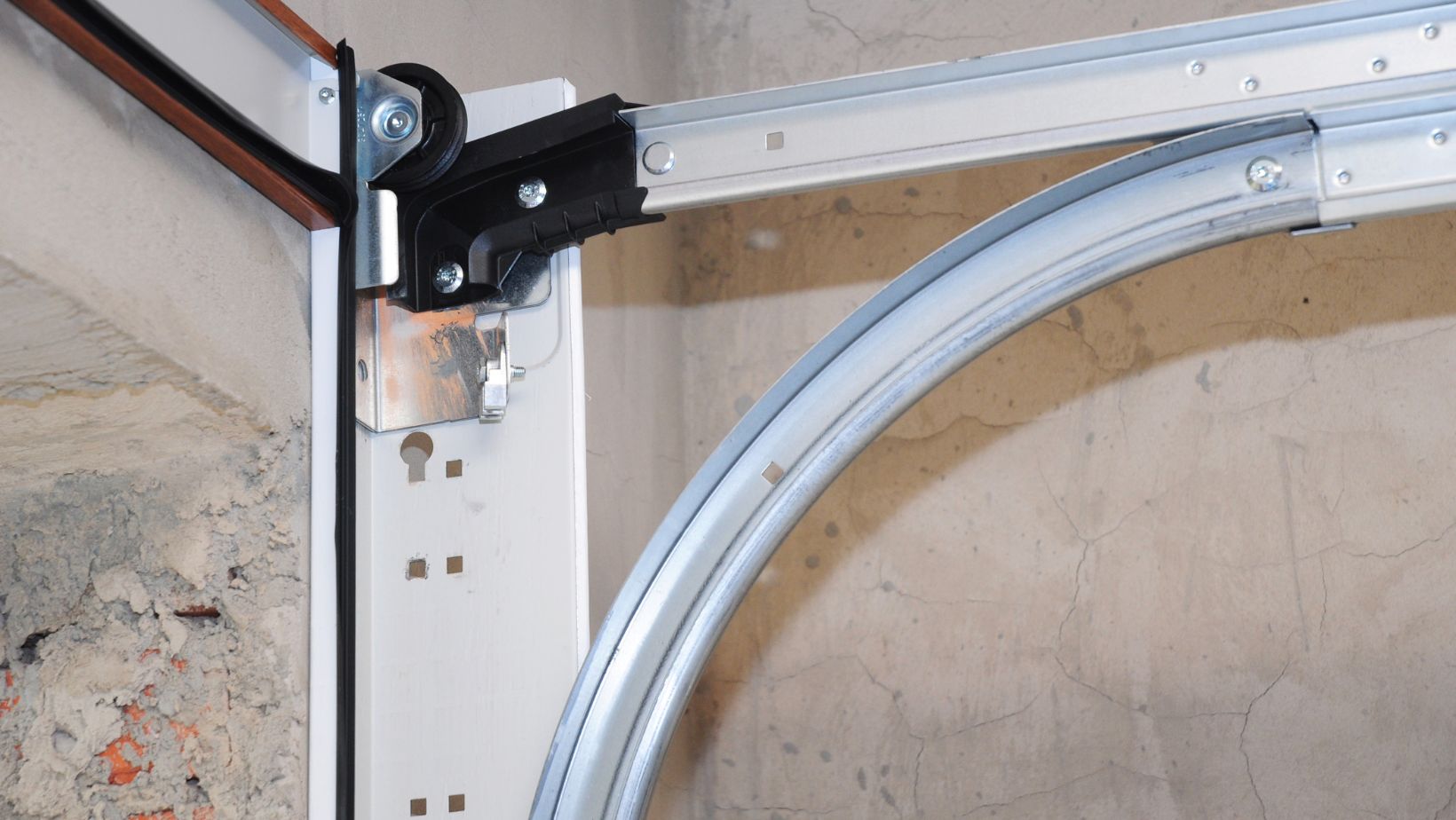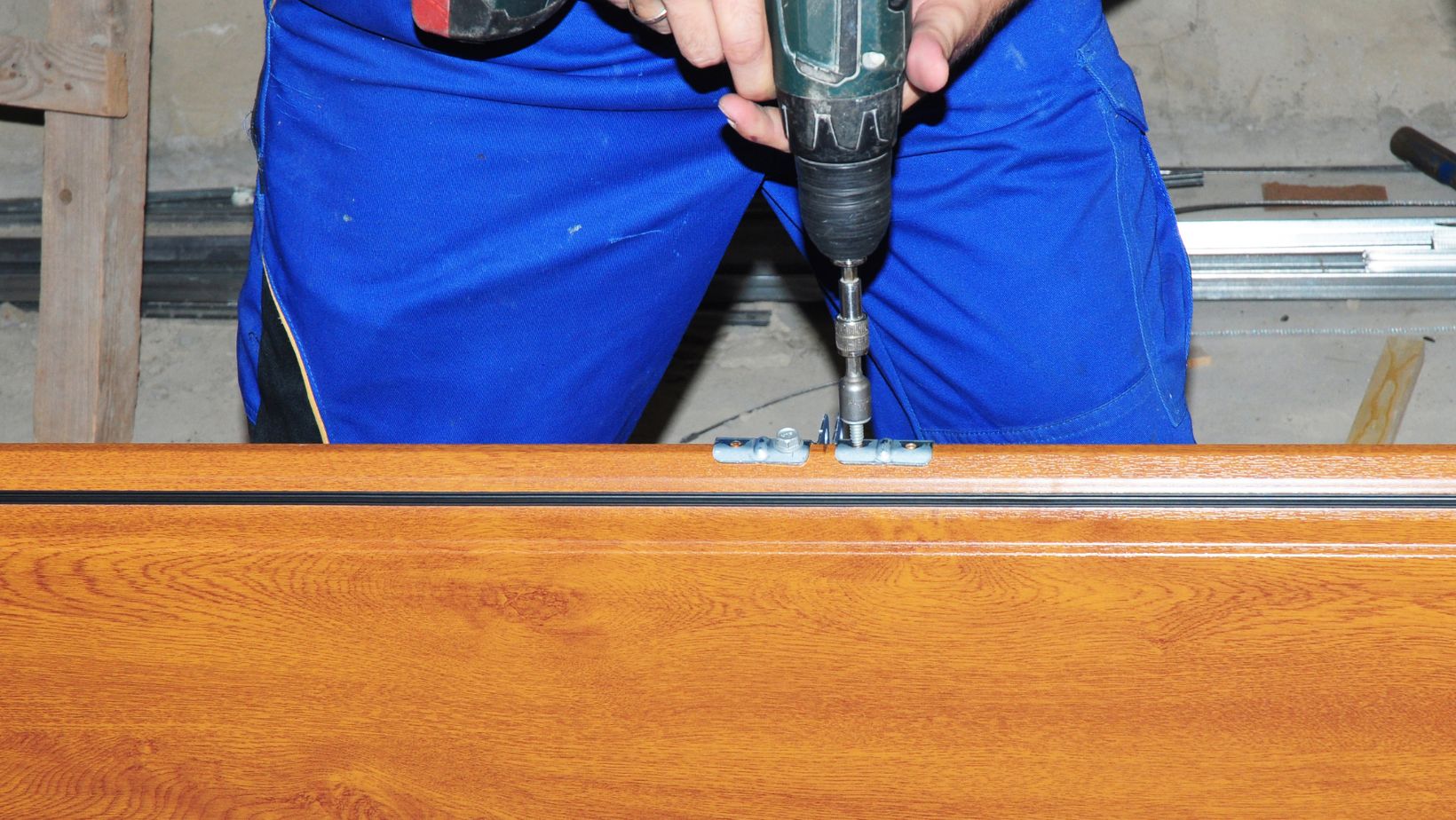When it comes to garage doors, sometimes accidents happen or wear and tear takes its toll. If you find yourself in need of replacement panels for your garage door, you’re not alone. Many homeowners face this issue at some point during the lifespan of their garage doors. Fortunately, there are options available to help you restore the functionality and appearance of your garage door.
Replacing damaged or worn-out panels can be a cost-effective solution compared to replacing the entire garage door. Whether your panels have been dented, cracked, or simply showing signs of age, finding suitable replacement panels is crucial to maintaining the overall integrity of your garage door system.
Table of Contents
ToggleReplacement Panels For Garage Doors
Material Considerations for Replacement Panels
When it comes to choosing replacement panels for your garage doors, one of the most important factors to consider is the material. Different materials offer varying levels of durability, insulation, and aesthetics. Here are a few common options:
- Steel: Steel panels are a popular choice due to their strength and longevity. They provide excellent security and can withstand harsh weather conditions. Additionally, steel panels often come in a variety of styles and finishes, allowing you to customize the look of your garage doors.
- Wood: For those seeking a more classic and natural appearance, wood panels can be an attractive option. Wood offers warmth and charm but requires regular maintenance to prevent rotting or warping. It’s essential to choose high-quality wood that is resistant to moisture and pests.
- Aluminum: If you’re looking for lightweight yet durable replacement panels, aluminum might be the right choice for you. Aluminum is resistant to rust and corrosion, making it ideal for coastal areas or regions with high humidity levels. However, keep in mind that aluminum may dent more easily compared to other materials.
Size and Dimensions of Replacement Panels
Another crucial factor when selecting replacement panels is ensuring they fit properly into your existing garage door frame. Inaccurate measurements can lead to ill-fitting panels that compromise the functionality and appearance of your doors.
To determine the correct size and dimensions:
- Measure both the height and width of each panel individually.
- Take accurate measurements from multiple points along each panel.
- Account for any variations in size between top, middle, and bottom sections if applicable.
- Consult with a professional or refer to manufacturer guidelines for precise measurements.
Accurate sizing ensures seamless installation without gaps or unevenness between panels.

Common Problems With Garage Door Panels
When it comes to garage doors, the panels play a crucial role in ensuring their functionality and aesthetic appeal. However, over time, these panels can encounter various issues that may require replacement. In this section, I’ll discuss some common problems you may face with your garage door panels.
- Damage from Impact: The garage door panels are susceptible to damage from accidental impacts, such as a car backing into the door or items falling on them. These incidents can result in dents, cracks, or even complete panel breakage. If left unaddressed, damaged panels can compromise the security and insulation of your garage.
- Wear and Tear: Constant exposure to external elements like sunlight, rain, and fluctuating temperatures can take a toll on garage door panels. Over time, they may become faded or discolored due to UV rays or develop rust spots if they’re made of metal. Additionally, repeated opening and closing of the door can cause hinges to loosen or bolts to become weakened.
- Warping: Another issue commonly faced by homeowners is panel warping. This occurs when moisture seeps into wooden panels causing them to swell and distort their shape. Similarly, extreme heat can also lead to warping in certain materials like vinyl or composite panels.
- Aging Panels: As your garage door ages, its panels may start showing signs of wear and aging. This could involve peeling paint or a general deterioration in appearance due to years of use.
- Inadequate Insulation: Garage doors with insufficient insulation can result in energy loss and uncomfortable temperature fluctuations inside the garage space. Damaged or poorly insulated panels are often the culprits behind this issue.
To address these common problems with garage door panels effectively, considering replacement options is essential for maintaining both functionality and aesthetics of your garage doors.





